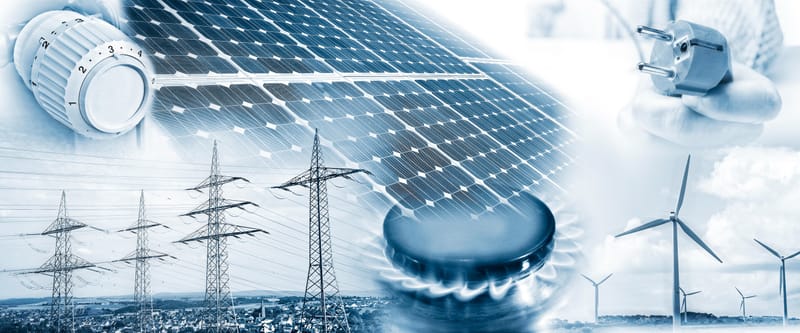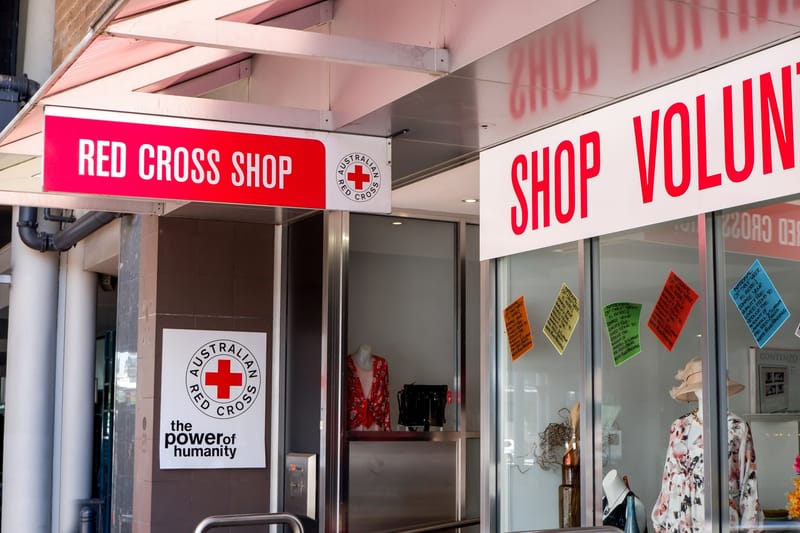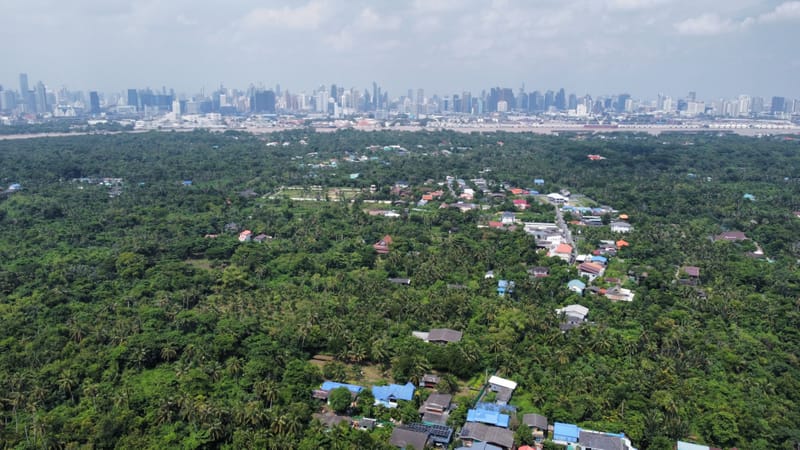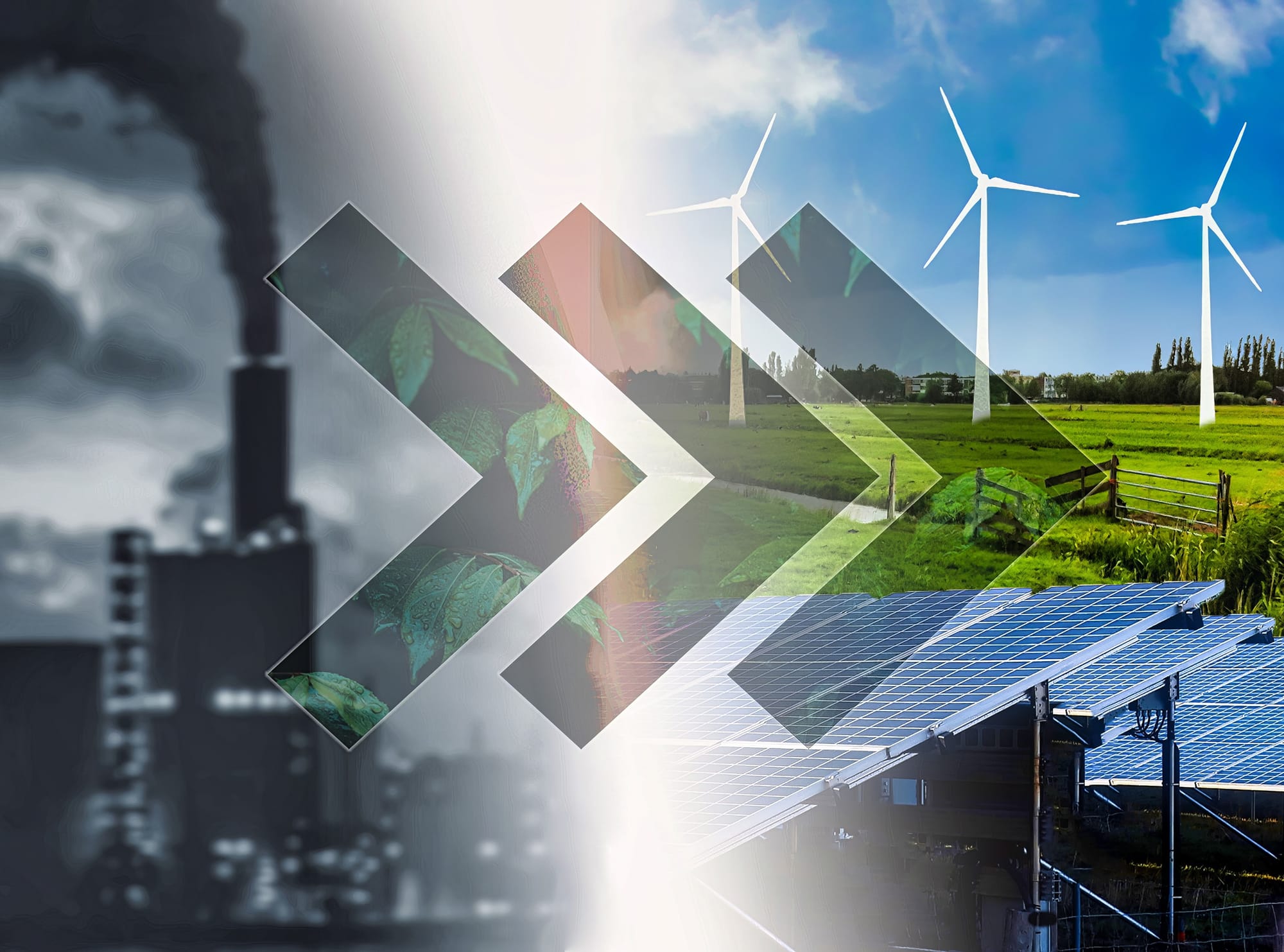
“Just transition” is a buzzword you’ve likely come across in many areas of climate change. With the 29th Conference of the Parties to the United Nations Framework Convention on Climate Change (COP29) just around the corner, you’re likely to hear it more often.
This spike in popularity is promising. Yet, it’s hard to say if the increase in usage is translating into more green job opportunities for communities, or more finance for future-proofing fossil fuel-reliant regions.
A just energy transition is about bringing everyone along as renewable energy replaces fossil fuels, and low-carbon industries replace carbon-intensive ones. It’s the nexus of minimising economic and social burdens while advancing climate action.
These challenges are complex, and global cooperation is needed to overcome them. Cost-of-living pressures and devastating extreme weather events around the world remind us of this interdependency.

Enough time has been lost arguing “jobs versus climate” – the transition is now rightly understood as an economic opportunity, often an expanded one, rather than a detrimental trade-off.
Climateworks Centre has designed a holistic just energy transition framework to identify what success looks like – positive outcomes for people (particularly vulnerable communities), economies and the climate, while achieving energy security, accessibility, sustainability and connectivity.
In this framework, just energy transition sits on four building blocks – systemic, financial, governance and socio-economic benchmarks.
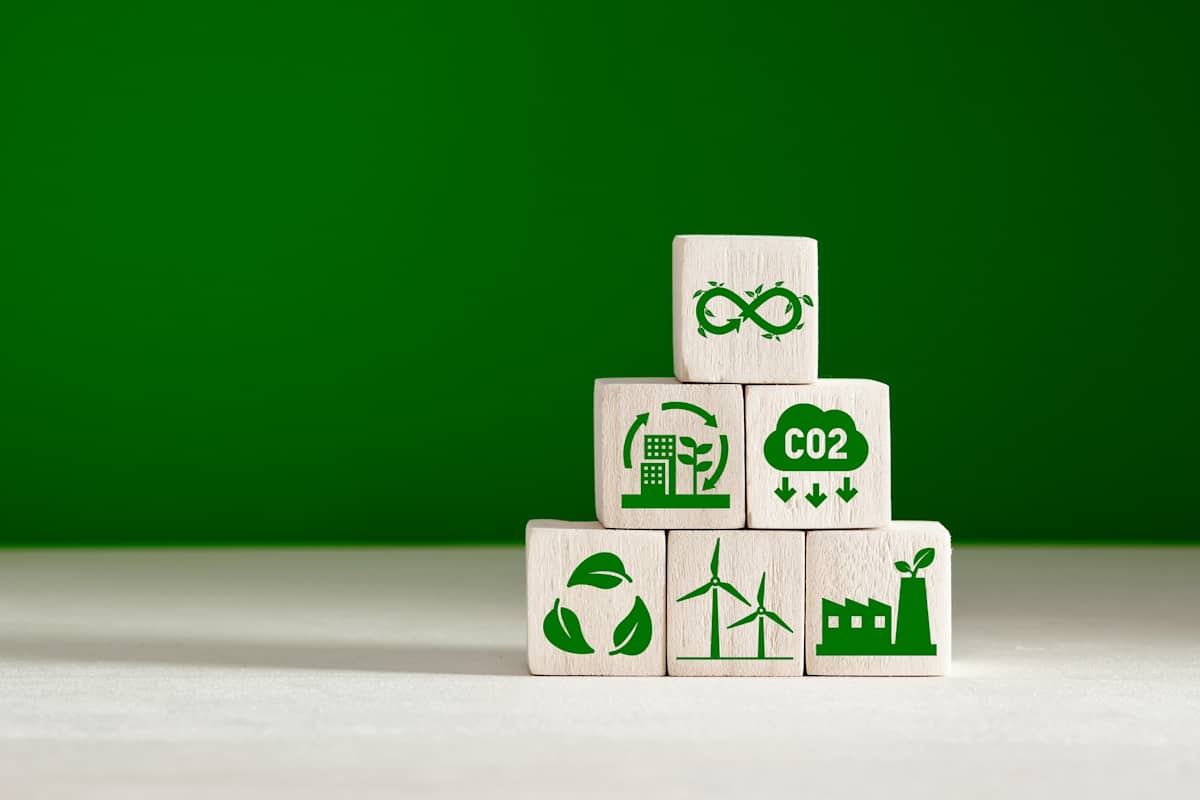
Systemic benchmarks look at how investments in low-emission technologies are scaled and made more efficient while moving away from products and services that require fossil fuels in their production.
Financial benchmarks look at how investors secure funding to back projects so they can become profitable.
Governance benchmarks refer to how government regulations and policies align energy, industry and development goals.
Finally, socio-economic benchmarks look at how governments tackle poverty and unemployment, provide social protection for the most vulnerable, and make sure potential disruptions create opportunities on the ground rather than burdens.
In short, a just energy transition – with funding and policy support – ensures green jobs and sustainable livelihoods for communities as carbon-intensive practices phase out. Balancing this trade-off is key to achieving net zero emissions while gaining public support.
The theory is straightforward, but delivering climate solutions that minimise disruptions will require a holistic approach to policy planning, especially in Southeast Asia where energy demand is expected to grow rapidly, energy production relies on fossil fuels, and public budgets are constrained.
How can COP29 in Baku, Azerbaijan, help fast-track a just, orderly and equitable energy transition?
Following the adoption of the just transition work program agreed in the United Arab Emirates, the Baku Initiative on Human Development for Climate Resilience will be launched on 18 November.
This initiative aims to foster collaboration on economic and social development and climate change, and includes catalysing investment in education, skills, health and wellbeing.
Climateworks Centre will be looking to see robust plans from the Azerbaijan Presidency, grounded in last year’s UAE work program, that accelerate finance to inclusive, equitable and ambitious just transition initiatives while unlocking systemic and governance challenges.
More broadly, parties will primarily be negotiating a New Collective Quantified Goal at COP29 to set a more ambitious and transparent climate finance target that better-addresses the needs of low and middle-income countries.
Read more: Australia’s new climate-related financial disclosure regime
In a just transition, governments, companies, financiers and societal actors have roles to play.
Monash University is using its capabilities to initiate, develop and activate change through a range of multidisciplinary projects striving to achieve net zero emissions.
Climateworks is supporting countries in Southeast Asia to build confidence in net zero transitions and accelerate climate action. It is – through the Southeast Asia Just Energy Transition Fellowship – working to embed just transition principles into decarbonisation plans and strategies throughout Southeast Asia.
In early 2024, the fellowship convened experts from Indonesia and Vietnam to design and implement strategies relevant to their regions and address the challenges they face.
The fellowship planted the seeds for a community of practice comprising experts from government authorities, planning agencies, trade unions, think tanks and research organisations.
Connecting and equipping decision-makers and thought leaders with the tools and best practices was a crucial step in fostering a vibrant regional network to tailor strategies for Southeast Asia’s decarbonisation journey.
We aim to expand our work from the fellowship program – by working with stakeholders at national and subnational levels – to help Southeast Asian countries go beyond just a transition to a just transition where regions and communities transition successfully to a low-carbon economy.
Following the financing discussions at COP29, these fossil-fuel-reliant regions will have opportunities to design holistic policies to attract the finance needed for an equitable transition.
The world now looks to the representatives gathered in Baku to achieve the financing needed for low and middle-income countries to accelerate climate action that supports limiting warming to 1.5°C, and helps communities thrive in the process.
Monash is pioneering a path to a greener, smarter, more equitable and sustainable future, where emissions are lower and the natural environment and humans thrive. We look forward to participating at COP29 where we aim to accelerate global action on sustainability, empowering diverse voices from across the Indo-Pacific and influencing superior policy outcomes across a broad range of issues.


